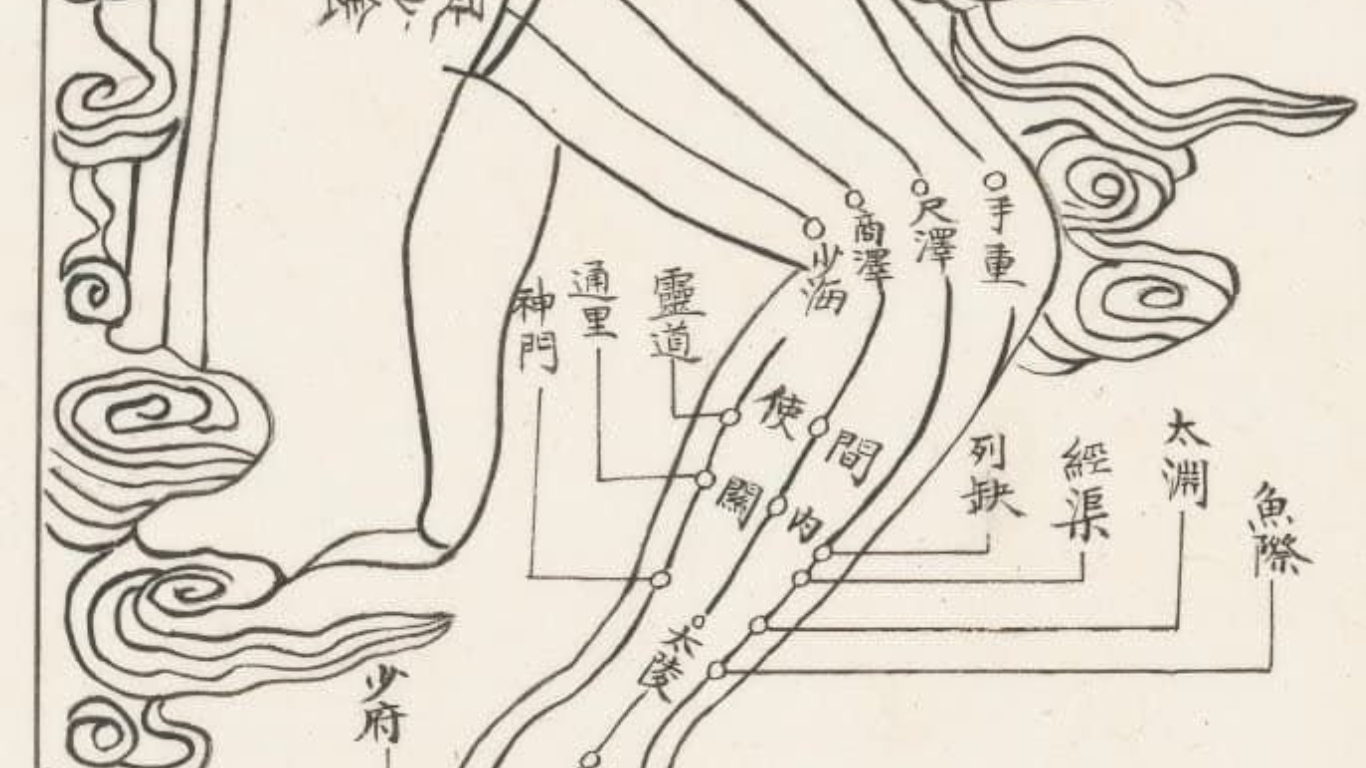In our first podcast episode, Char and Victoria discuss the steps to finding the right TCM practitioner. They delve into the procedures and processes of a typical TCM appointment, trying acupuncture for the first time, and suggesting insights for people new to this holistic approach to health.
Listen below!
- Research and Credentials
When looking for a traditional Chinese medicine (TCM) practitioner, it is essential to do thorough research and consider their credentials. Start by checking if they are licensed and certified to practice TCM in your country or region. This ensures that they have undergone the necessary training and education to provide effective treatment.
Additionally, consider their experience in the field. A TCM practitioner who has been practicing for several years is likely to have a deeper understanding of the various techniques and methods used in traditional Chinese medicine.
- Recommendations and Referrals
Seeking recommendations and referrals from trusted sources can be a valuable way to find a reputable TCM practitioner. You can ask your friends, family, or colleagues if they have had positive experiences with TCM practitioners in your area.
Furthermore, consult with other healthcare providers who are familiar with TCM. They may be able to provide insights and suggest reliable practitioners who specialise in your specific health concerns.
- Consultation and Communication
Before committing to a TCM practitioner, book a consultation to have a conversation and assess their suitability for your needs. During the consultation, pay attention to how well the practitioner listens to your concerns and communicates their approach to treatment.
A good TCM practitioner should take the time to understand your medical history, overall health, and specific symptoms or conditions. They should ask relevant questions and listen attentively to your responses. This shows that they are genuinely interested in your well-being and are committed to providing personalised care.
In addition to listening and asking relevant questions, a good TCM practitioner should also be able to effectively communicate their treatment plan and explain the reasoning behind their recommendations. They should be able to clearly explain how TCM can address your specific health concerns and what you can expect from the treatment process.
During the consultation, be sure to ask about the practitioner's treatment approach and the techniques they commonly use. Traditional Chinese medicine encompasses a wide range of modalities, such as acupuncture, herbal medicine, cupping, and gua sha. Understanding their area of expertise and the specific techniques they employ will help you determine if their approach aligns with your preferences and needs.
- Reviews and Testimonials
Reading reviews and testimonials from previous patients can provide valuable insights into the quality of care provided by a TCM practitioner. Look for reviews on trusted platforms, such as professional directories, social media, or wellness forums. Pay attention to feedback regarding the practitioner's expertise, bedside manner, and the effectiveness of treatment.
However, keep in mind that each individual's experience may vary, and it's important to consider a range of opinions before making a decision. If possible, reach out to those who have provided testimonials to gather more information and get a clearer understanding of their experience Additionally, it can be helpful to reach out to friends, family, or colleagues who have experience with traditional Chinese medicine and ask for recommendations. Personal recommendations can often be trusted as they come from people you know and trust.












